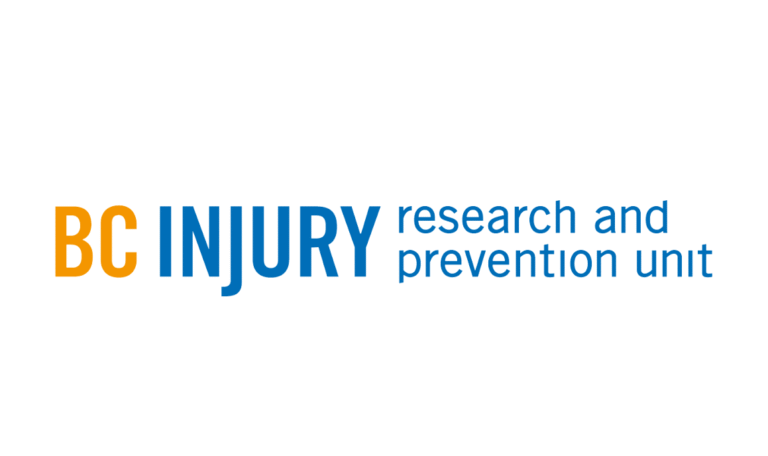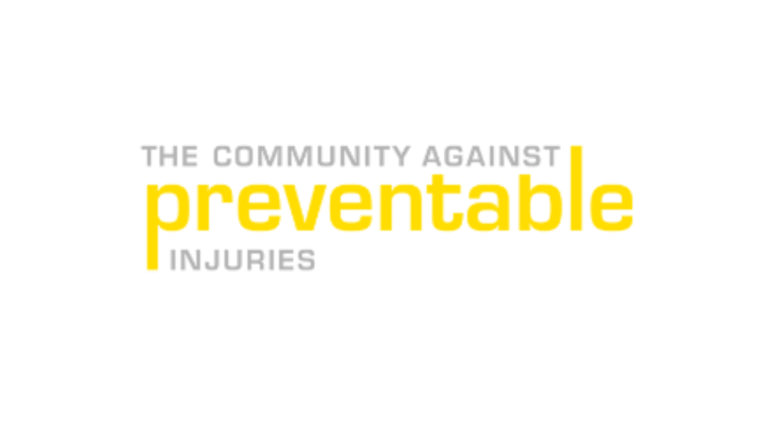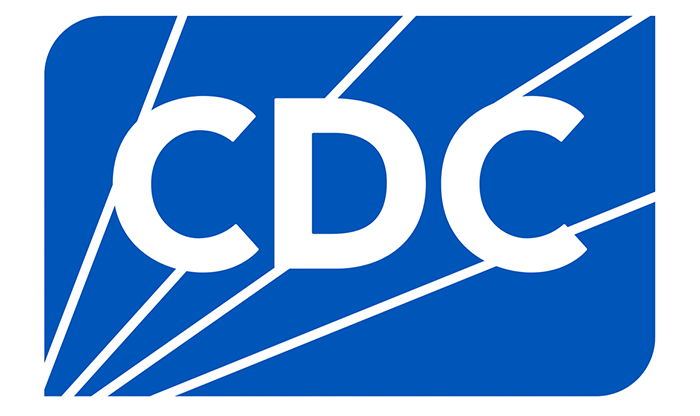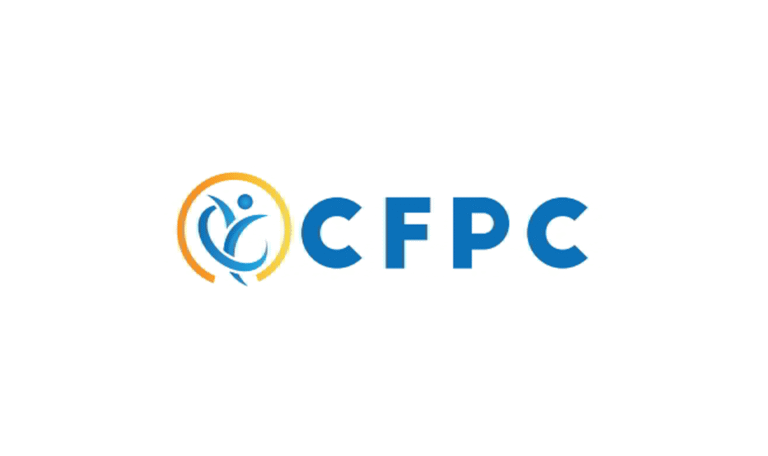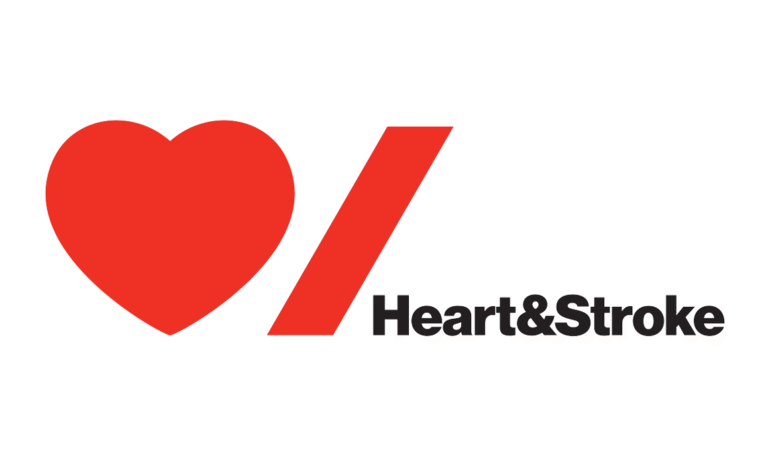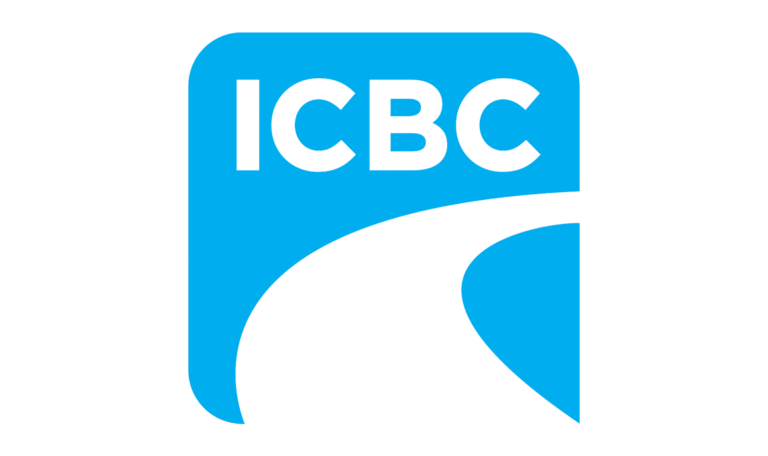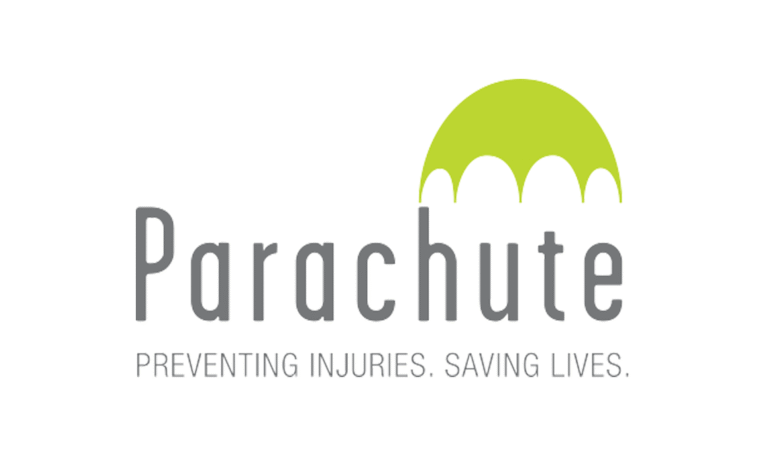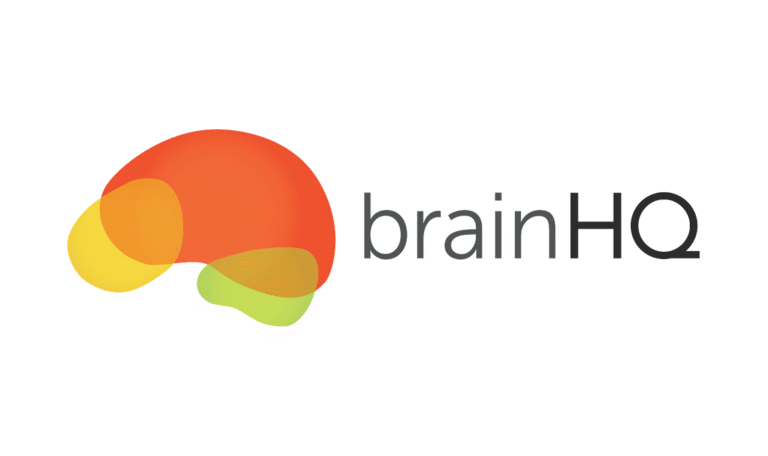Healthy Brain
Brain health is central to your wellbeing. It can be useful to understand how your brain functions in order to keep it healthy. There are a wide variety of brain injuries that can occur. The educational resources, supports and services found on our website focus on acquired brain injuries (ABIs) and their various forms.
Click on one of the brain topic buttons below to learn more about the brain.
On this page
Brain Parts (video series)
Brain Structure & Function
Tips for Healthy Brain
Injury Prevention Resources
Prevention (video series)
Brain Exercises & Games
Healthy Brain
Brain health is central to your wellbeing. It can be useful to understand how your brain functions in order to keep it healthy. There are a wide variety of brain injuries that can occur. The educational resources, supports and services found on our website focus on acquired brain injuries (ABIs) and their various forms.
Click on one of the brain topic buttons below to learn more about the brain.
Video Series: Brain Parts
Episode 1: Parts of the Brain
This is a video series on brain parts featuring Dr. Jennifer Yao, MD, FRCPC.
Brain Structure and Function
Are you interested to learn more about the brain’s anatomy and function? These are a selection of health care organizations with excellent educational resources about brain health, structure and function. Click on the arrows beneath each resource to explore their materials.
Tips for a Healthy Brain
Keeping your brain healthy is all about preventing an injury, living a healthy life, and finding ways to take care of your body, mind and spirit. Below are some tips on how to keep each of these aspects of life balanced.

Body
- Reduce or eliminate the risk of injury to your brain
- Eat a healthy diet – limit sugar, salt and alcohol; eat at least 5 servings of fruits and vegetables each day; eat more cold water oily fish (or fish oil supplements)
- Monitor and control your blood pressure, blood sugar and weight
- Keep physically active – aim for 30 minutes of brisk exercise a day
- Get at least 8 hours of sleep each night

Mind
- Keep your mind active and keep learning new things
- Seek out new experiences
- Manage fatigue by planning ahead and using

Spirit
- Take steps to reduce stress in your life such as using relaxation techniques, deep breathing, positive thinking, meditation/praying, visualization, enjoying nature
- Find activities that give meaning and purpose to your life
- Develop and maintain a network of people who are supportive to you
- Look for ways to support others
Injury Prevention Resources
Below you can find a list of resources that provide useful information and support for preventing Brain Injuries.
Video Series: Prevention
Heather’s Story: Prevention
Series of ideas and strategies on how to prevent brain injuries.
Brain Exercises and Games
Below you can find a list of resources that provide Brain Exercises and Games for you to train your brain and keep it healthy.






